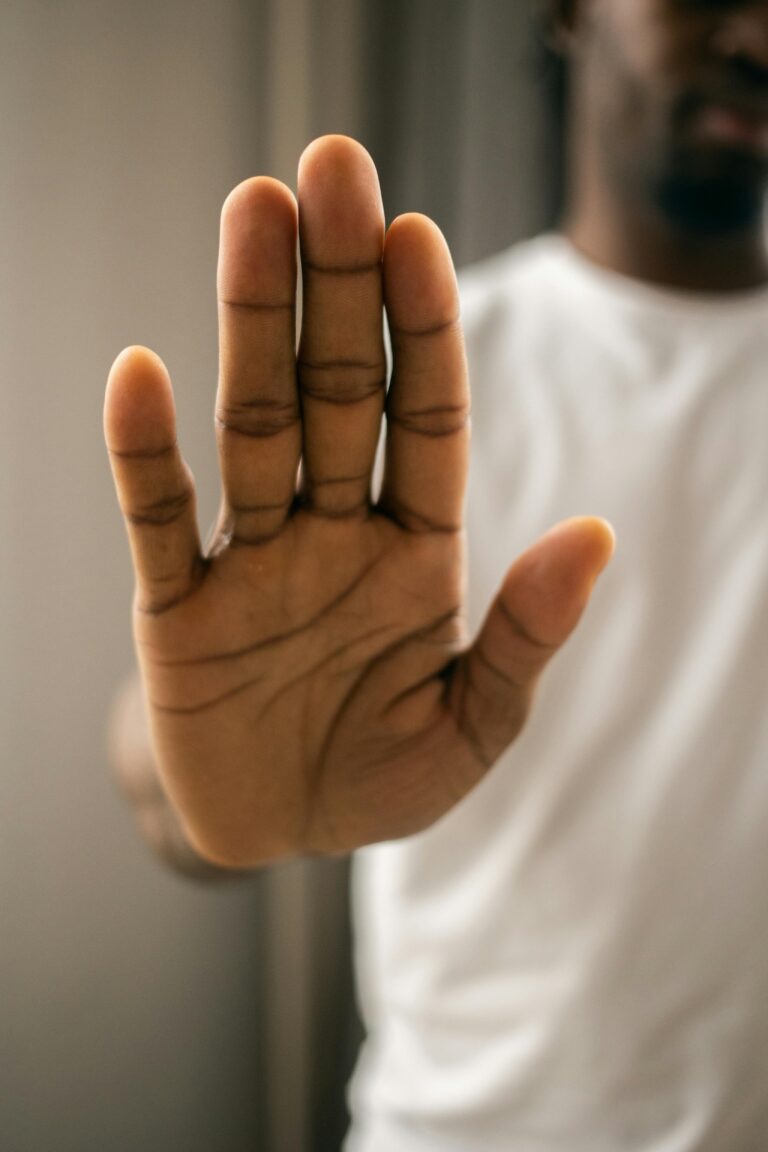How to Remove Anxiety? A Comprehensive Guide
Anxiety can feel like that uninvited guest who shows up at your party and refuses to leave. You know the one—hovering in the corner, sipping on your anxiety-inducing punch, and making everyone feel a little less comfortable. But fear not! You don’t have to put up with this unwelcome visitor. Let’s explore some effective and actionable strategies to help you manage and even remove anxiety from your life.
Understanding Anxiety: What’s Happening Inside Your Brain?
Before we dive into solutions, it’s essential to understand what anxiety really is. Think of it as your brain’s overzealous alarm system. When faced with stress, your brain releases chemicals that prepare your body for action. This is great when you’re being chased by a bear, but not so much when you’re stressed about a presentation at work. Your heart races, palms sweat, and suddenly you’re in a full-blown panic, all because your brain mistook a boardroom for a battleground.
Recognizing Your Triggers
The first step in managing anxiety is identifying what triggers it. Is it crowded places, public speaking, or maybe even that never-ending to-do list? Here are some tips to help you pinpoint your anxiety triggers:
- Keep a Journal: Write down when you feel anxious and what was happening at the time. Patterns will start to emerge.
- Reflect on Your Past: Think about previous situations that caused anxiety. There might be a common thread.
- Talk to Someone: Sometimes, a friend or therapist can help you see things from a different perspective.
Practical Strategies to Reduce Anxiety
Once you’ve identified your triggers, it’s time to arm yourself with some tried-and-true strategies to keep anxiety at bay. Here are some of the most effective methods:
1. Breathing Techniques
When anxiety strikes, your breathing might become shallow and rapid. A simple breathing exercise can help bring you back to a calmer state. Try this:
- Breathe in deeply through your nose for a count of four.
- Hold for a count of four.
- Breathe out slowly through your mouth for a count of six.
- Repeat this cycle a few times.
This technique sends a message to your brain that it’s time to chill out. Plus, you can practice it anywhere—yes, even in that stressful meeting!
2. Physical Activity
Exercise is a fantastic way to combat anxiety. When you work out, your brain releases endorphins—those lovely little chemicals that make you feel good. Plus, you can take out your frustrations on the treadmill instead of on your co-workers. Aim for at least 30 minutes of moderate exercise a few times a week. Whether it’s a brisk walk, yoga, or a dance-off in your living room, get moving!
3. Mindfulness and Meditation
Mindfulness practices, including meditation, can help you stay grounded and focused on the present. Apps like Headspace or Calm can guide you through the process. Just a few minutes each day can significantly reduce anxiety levels. Picture yourself sitting on a serene beach, waves lapping at your feet—ah, bliss!
4. Limit Caffeine and Alcohol
While a cup of coffee or a glass of wine might seem like a good idea at the moment, they can actually exacerbate anxiety symptoms. Caffeine can make your heart race, and alcohol can disrupt your sleep—neither of which are helpful when you’re trying to manage anxiety. Consider swapping that coffee for herbal tea or keeping your wine intake to a minimum.
When to Seek Professional Help
Sometimes, despite your best efforts, anxiety can feel overwhelming. If your anxiety is persistent and interfering with your daily life, it might be time to seek professional help. Therapists and counselors can provide valuable tools and coping strategies tailored to your specific needs. Plus, they come equipped with years of training—so you won’t have to go it alone!
Building a Support System
Don’t underestimate the power of a good support system. Surround yourself with people who understand and support you. Whether it’s friends, family, or an online community, sharing your experiences can lighten your load. Plus, you’ll find that many people have walked the same path and can offer insights or simply a listening ear.
Practice Self-Compassion
Finally, remember to be kind to yourself. Everyone experiences anxiety at times, and it’s okay to feel overwhelmed. Instead of criticizing yourself for feeling anxious, practice self-compassion. Treat yourself like you would a dear friend—offer understanding, encouragement, and a little humor. After all, laughter can be a great antidote to anxiety!
So, the next time anxiety barges in uninvited, you’ll be armed with the tools to handle it. Remember, you’re not alone in this, and with the right strategies, you can manage your anxiety and reclaim the joy in your life. Now go forth and show anxiety the door! You’ve got this!


